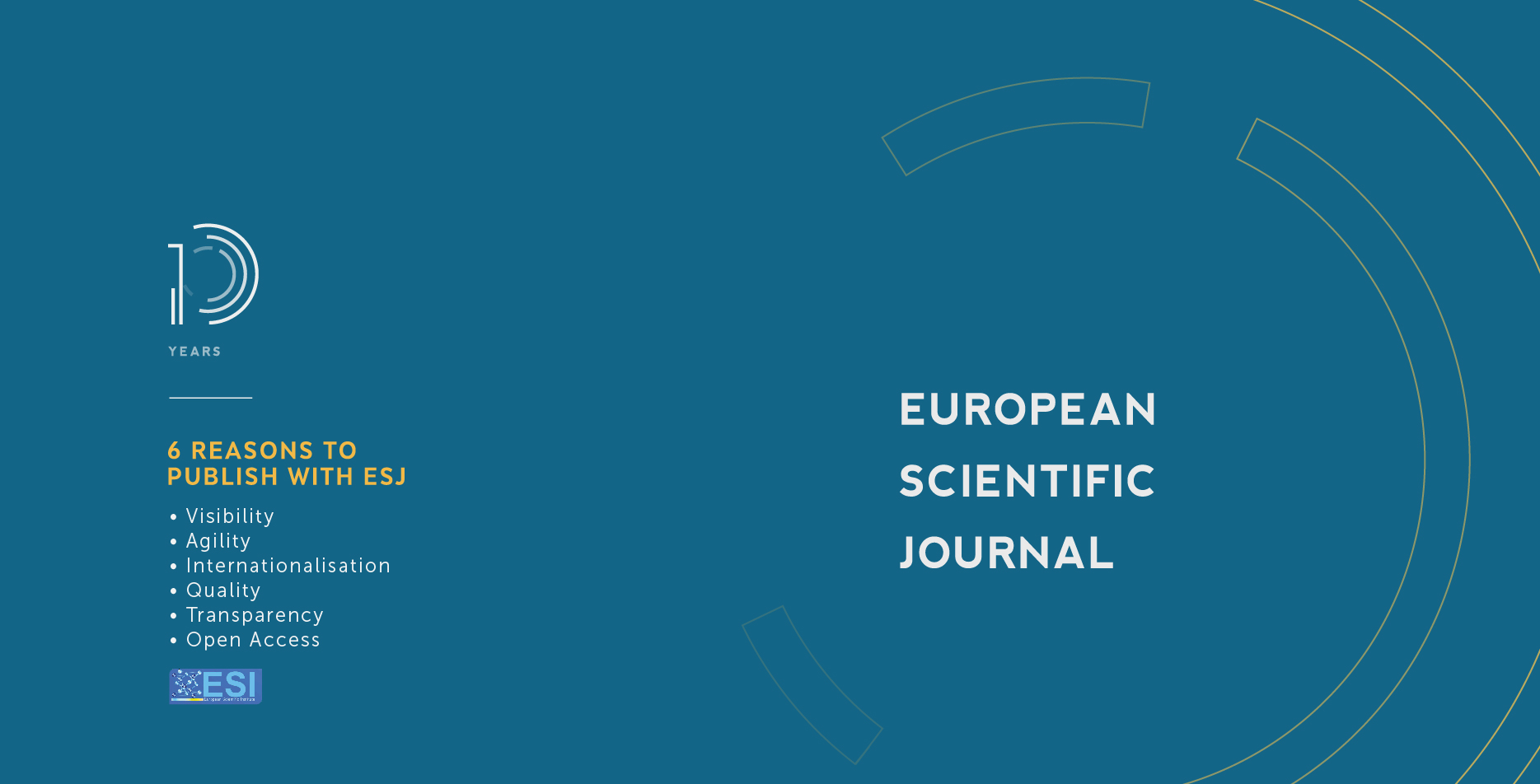Examining the Effect of Employee Commitment on Organizational Performance: Evidence from a Cement Manufacturing Company in Nigeria
Abstract
In this study, we examined the effect of employee commitment on organizational performance. Employee commitment was conceptualized as a three-dimensional construct comprising affective, continuance and normative commitment. The study therefore examined the effect of each these commitment components on organizational performance using data obtained from 248 respondents drawn from a cement manufacturing company in Nigeria. Data were collected via the use of questionnaires while hypotheses were developed and tested using regression analysis. Findings indicate that while affective and continuance commitment had a significant positive effect on organizational performance, the effect of normative commitment on organizational performance was not significant. Moreover, among these three components of commitment, it was affective commitment that had the most significant positive effect on organizational performance. The study therefore concludes that while employee commitment can influence organizational performance positively, it is the nature of commitment that matters. Given that affective commitment contributes more to organizational performance, we recommend that managers should create enabling work environments that will engender the growth of affective commitment among employees.
Downloads
PlumX Statistics
Copyright (c) 2020 Darius N Ikyanyon, Isaac A Agber

This work is licensed under a Creative Commons Attribution-NonCommercial-NoDerivatives 4.0 International License.








